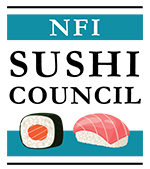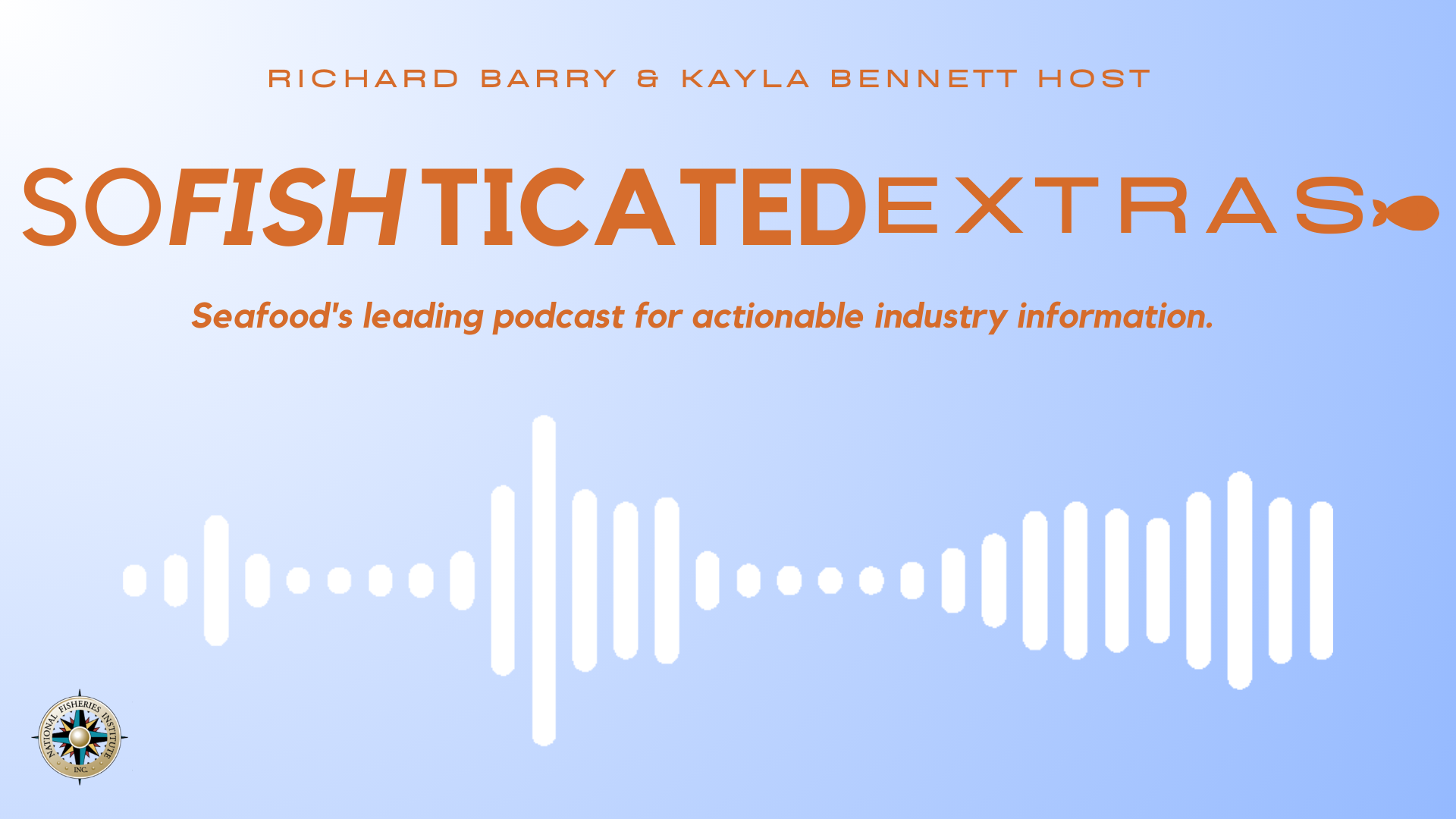Associated Press Issues Correction
In my last entry about the obvious problems found in a recent Associated Press article I noted that I had actually been fairly pleased with the recent state of reporting on seafood. As an example I noted thatReuters had editorially mismanaged a story about Alaska pollock a few months ago but after some prodding, reviewed their own work and corrected the record.
After we challenged the Associated Press it too has now stepped up and taken responsibility for its recent mistakes. The AP published an article on January 27th about a court case surrounding proposed warning labels on tuna cans (the judge ruled against those who were calling for the labels.) In the AP’s reporting on the appeal of that case it made false assertions and simply didn’t get its fact right. I’ll let the AP speak for itself on this one:
The Associated Press
Posted:02/02/2009 01:31:47 PM PST
SAN FRANCISCO-In a Jan. 28 story about the legal battle over applying warning labels to tuna cans, The Associated Press reported erroneously that federal regulators warnexpectant mothers to avoid canned tuna because its high levels of mercury can cause brain damage. The Food and Drug Administration advises expectant mothers to limit weekly consumption to 6 ounces of albacore tuna or 12 ounces of “light” tuna, the health effects of which are still being scientifically debated. In addition, the story erroneously reported that Del Monte Foods Co. makes StarKist tuna. The company sold that brand in June to South Korea’s Dongwon Group.
Here’s the original letter NFI sent to the Associated Press insisting on a correction:
January 30, 2009
John Raess
San Francisco Bureau Chief
Associated Press
VIA Email
Dear Mr. Raess,
I am writing to draw your attention to a failure of journalistic standards as they relate to Paul Elias’ coverage of Tuesday’s state appellate court hearing on the Prop 65 case in which the State of California has argued canned tuna companies should be required to post mandated warning signs in connection with the sale of their product.
Elias claims that the FDA and EPA, “already advise women who are pregnant or may become pregnant, nursing mothers and young children to avoid eating the fish because of its high levels of mercury that can cause brain damage in babies.” This is simply a demonstrable falsehood. In the very first paragraph of the federal seafood consumption advice it is clearly stated, “women and young children in particular should include fish or shellfish in their diets due to the many nutritional benefits.” The advice then urges this sensitive subpopulation to avoid “shark, tilefish, swordfish, and king mackerel.” Tuna is not included on the list of 4 species to avoid. The advice clearly states that women and young children can eat 12 ounces of light tuna per week and can eat 6 ounces of albacore per week.
Not only is his declaration about federal advice on canned tuna false, his suggestion that levels of mercury in seafood can cause “brain damage” in children is at odds with the current weight of independent science. In fact, a new and extensive peer-reviewed study published by the FDA on January 21st suggests just the opposite-that mothers who fail to eat 12 ounces of omega-3 rich seafood a week during pregnancy disadvantage their babies. A minimum amount of research would have exposed his assertion as nutritionally and scientifically ignorant.
In paragraph 5 he writes, “The California Attorney General’s Office argued that state law requiring warning labels on products containing chemicals shown to cause cancer and birth defects means tuna should be labeled. The companies said the federal advisory is good enough.” This is misleading. The tuna companies argued and won, and continue to argue that the FDA advisory is not a Prop 65 “warning label” and should not be used as such. The FDA advisory is intended to educate pregnant women and other sensitive populations via health professionals not retail signage. It is the state that has back tracked from its original warning label argument and now suggests posting the FDA advisory would suffice. To misunderstand, misreport or distort this fact is a fundamental failure. For clarity; the state has reverted to an argument that the FDA advisory should be posted in connection with canned tuna, the tuna companies have stood firm in their opposition to such a move.
In the sixth paragraph Elias suggests the trial judge “threw out” the state’s original lawsuit. Clarity and accuracy dictate that the judge did not simply throw out that case, he ruled in favor of the tuna companies. As an editor and writer yourself you know the impact of certain phrases. To throw out a case suggests to readers that perhaps it wasn’t argued and or thoroughly deliberated but merely tossed aside. This case was argued to completion. The state lost its bid to force the placement of warning labels on tuna cans, period. The wording here serves to minimize that clear victory.
Further along in paragraph 11 Elias reports that Del Monte Corp is the “maker” of Starkist.” This is wrong. Starkist is owned by a South Korean company; Dongwon.
In the final paragraph he repeats his earlier false claim that “federal agencies advise pregnant women to avoid eating tuna.”
We ask that you remove this article from circulation and publish a correction of the numerous factual inaccuracies found herein.
Thank you for your consideration.
Gavin Gibbons
National Fisheries Institute
cc: Mark Rochester
Assistant Bureau Chief
Associated Press, San Francisco
Andy Schotz, Society of Professional
Journalists Ethics Committee Chair



